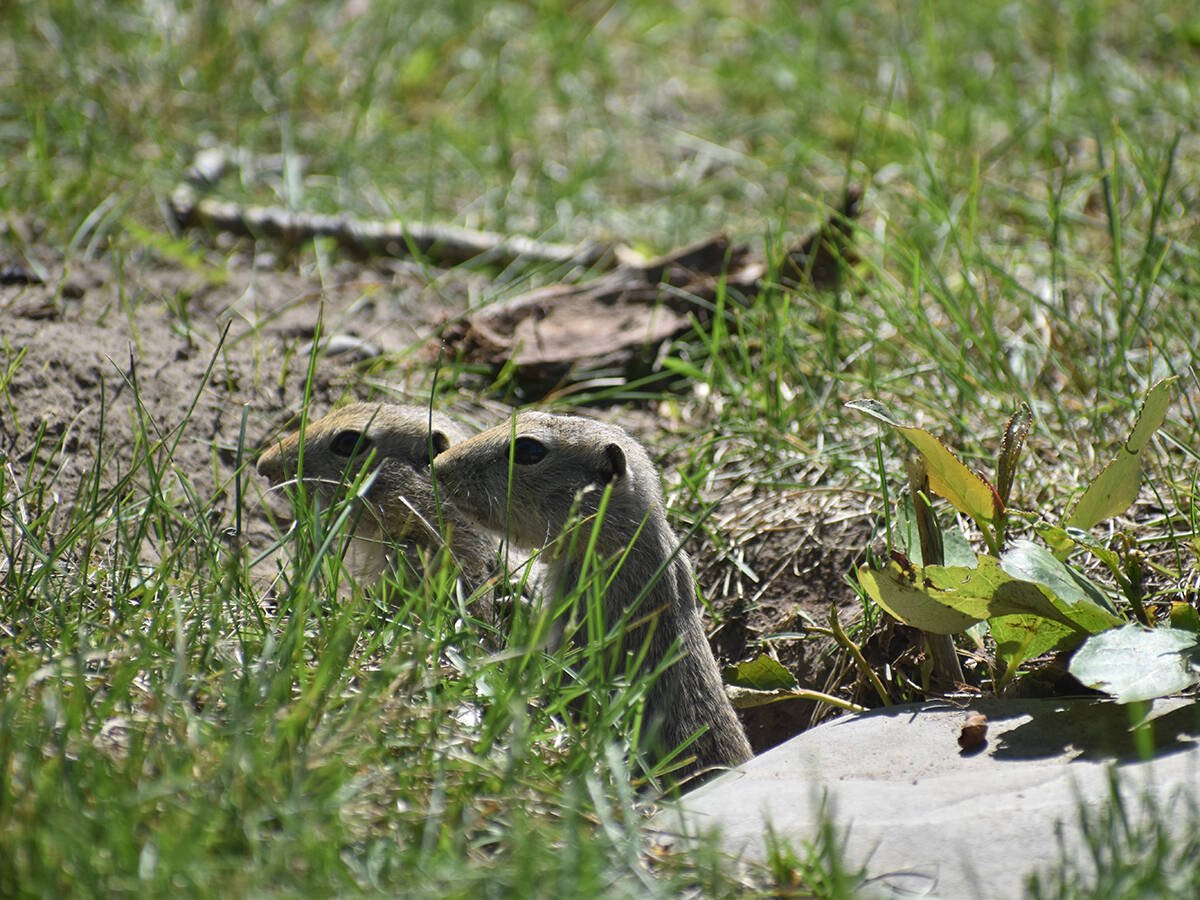Reserve hopes to eventually farm the 205,000 acres that are leased to area farmers
Members of the Blood Tribe Agricultural Training Initiative finished seeding 4,200 acres of spring wheat, canola and barley May 6.
The 26 tribe members who graduated from a new program organized through Lethbridge College, Red Crow Community College and the Kanai board of education planted the crop as part of a plan to eventually see the reserve’s entire 205,000 cultivated acres farmed by band members.
Calvin Cross Child, chief operating officer and general manager of the Blood Tribe Agricultural Project, said he is encouraged by trainees’ enthusiasm.
“We’re building a future on our own terms,” said Cross Child. “I would like to see our lands and agricultural re-sources protected and managed and utilized now and into the future.”
Read Also

Rural officials hopeful strychnine use will resume
The Saskatchewan Association of Rural Municipalities is taking a verbal commitment from the federal agriculture minister on strychnine use as a good sign.
The reserve comprises 1,440 sq. kilometres in southern Alberta and is bordered by the Oldman, Belly and St. Mary rivers.
Cultivated land on the reserve is farmed through rental agreements with area farmers, but the band wants to increase its own participation in farming operations.
“It’s baby steps,” said Cross Child.
“It may take five, 10, 15, 20 years to farm it all (by band members.)”
He said the Blood band estimates that the farmers who rent the tribal lands collectively earn $50 million a year from cropping.
“We want to bring those earnings home and improve the tribe’s ability to meet the needs of its members.”
There are about 12,000 residents on the Blood Reserve, and 60 percent of them are younger than 25.
Cross Child said the agricultural training project is designed to provide employment and skills training as well as foster economic and social development among Blood band members.
“It’s basically promoting agricultural careers in the schools and providing credit and non-credit training and establishing partners to create jobs on reserve for years to come,” he said.
“The tribe has recognized agriculture as a huge opportunity for growth and job creation, and it’s one of the most abundant resources that the tribe possesses.”
Now that the crop is planted, the trainees are working with people who continue to farm land on the reserve. Cross Child said the farmers been co-operative and supportive of the program.
“They are on board. We are getting good reports.”
The trainees will be assisting with crop scouting, learning to identify weed and insect problems and helping determine proper thresholds for spraying decisions.
Cross Child said he could use 10 more trainee classes of 30 people each once they are available, which he is hoping they will be as the training program continues in future years.
The reserve also has 120,000 acres of grazing land, which supports about 7,500 head. As a result, a natural beef operation could also provide employment opportunities.
In addition, there is a timothy hay operation, a seed potato business and one of the largest land tracts under irrigation, with 25,000 acres supported by 104 centre irrigation pivots.
Cross Child said the current trainees will be encouraged to continue their agricultural studies once this crop is off. If they don’t, they may find employment with the agricultural project.
The program and the band’s strategic plan relies heavily on teachings from tribal elders.
“I could never say enough about the elders,” he said.
“They have taught us, they have shown us how we respect the land, Mother Earth, how we respect the water and the environment. They are crucial.”















